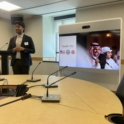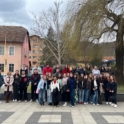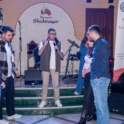Abdulaziz reflects on the highlights from serving as a mentor for CEW.
STORIES
Cultural Connections: Ramadan Mubarak in Arizona
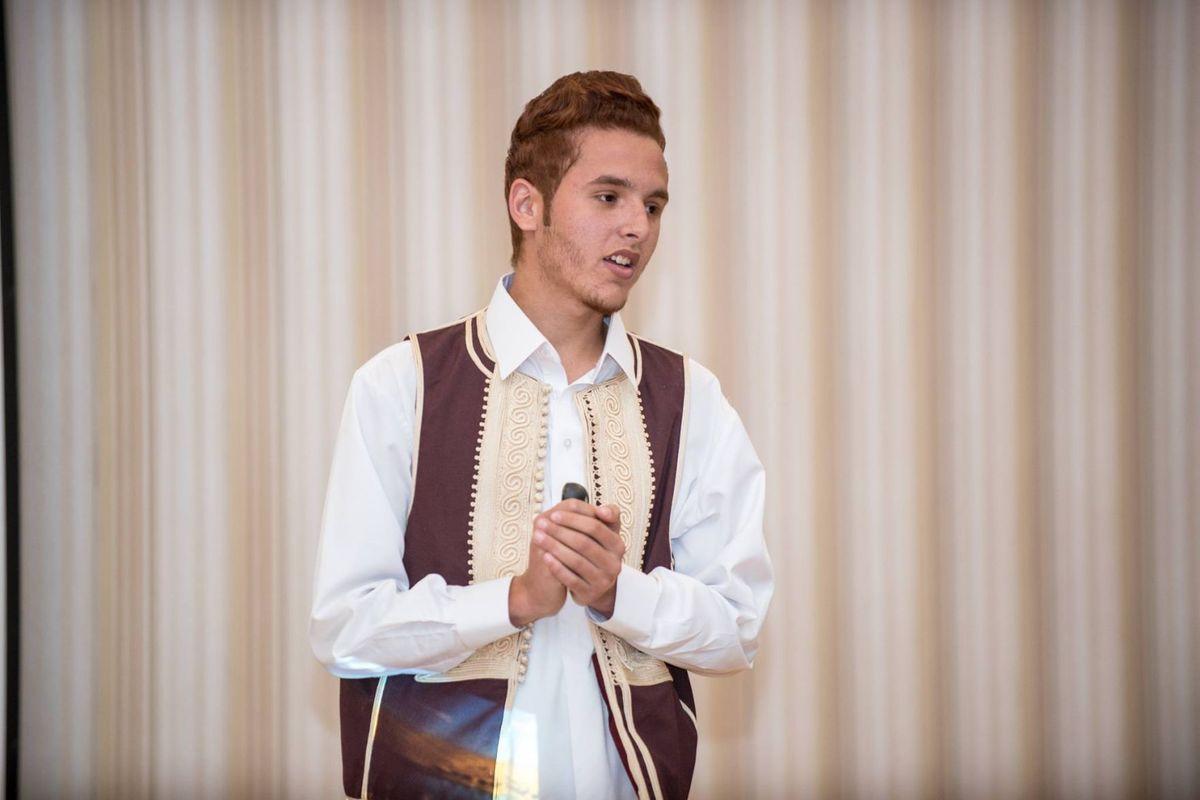
This article was originally posted on Sierra Vista Herald website. Four YES 2016-2017 students, hosted by AYA/AIFS in Sierra Vista, AZ are featured in this story: Kornratana Sarovat, Thailland; Amirah Izzah Nasarudin, Malaysia; Donia Elgendy, Egypt; and Anas Alhadi El Immari, Libya.
SIERRA VISTA — Chances are, 19-year-old Anas Ali is back in his home country of Libya, hanging out with friends and family, reciting his daily prayers and fasting until the day goes dark.
Ali is Muslim.
After spending 10 months in southern Arizona, he and a group of other study-abroad students flew back to their home countries earlier this month. While Ali loved his visit, when it came to celebrating the holy month of Ramadan, things were a little different here than what he is accustomed to in Libya.
Ali and three other students were staying in Sierra Vista and Tombstone as part of the Kennedy-Lugar Youth Exchange and Study (YES), a program that gives young students from Muslim-majority countries a chance to study in the U.S. for up to one academic year.
Congress started the program in 2002 in response to the 9/11 attacks in 2001. Funded by the Department of State, YES strives to educate the visiting students about U.S. culture, while educating Americans about cultures from around the world.
Ali enjoyed the program and experiences he had while attending school at Berean Academy, where he was part of the school’s recent graduation.
But once Ramadan started on May 27, he felt alone. The closest mosque was in Tucson, making it much more difficult to celebrate the religious observance in Arizona than in his native country Libya.
For the 1.6 billion Muslims around the world, the month of Ramadan is regarded as the holiest month of the year. It commemorates the time when the Quran was revealed to the prophet Muhammad. While the month is commonly known for the all-day fasting, the holiday — which ends on June 24 — is more than abstaining from eating or drinking most of the day.
Through fasting, one demonstrates the highest degree of obedience by willfully submitting to abstaining from food, drink and sexual relations from sunrise to sunset one month of every year. Fasting is intended to help Muslims understand the hardships of those who go hungry. It’s a time to donate to charity, exhibit self control and be thankful.
“By not eating for the whole day, you get to feel how they (those who go hungry) feel having no food,” Ali. “At the same time it’s cleansing your soul.”
And Ali wasn’t alone.
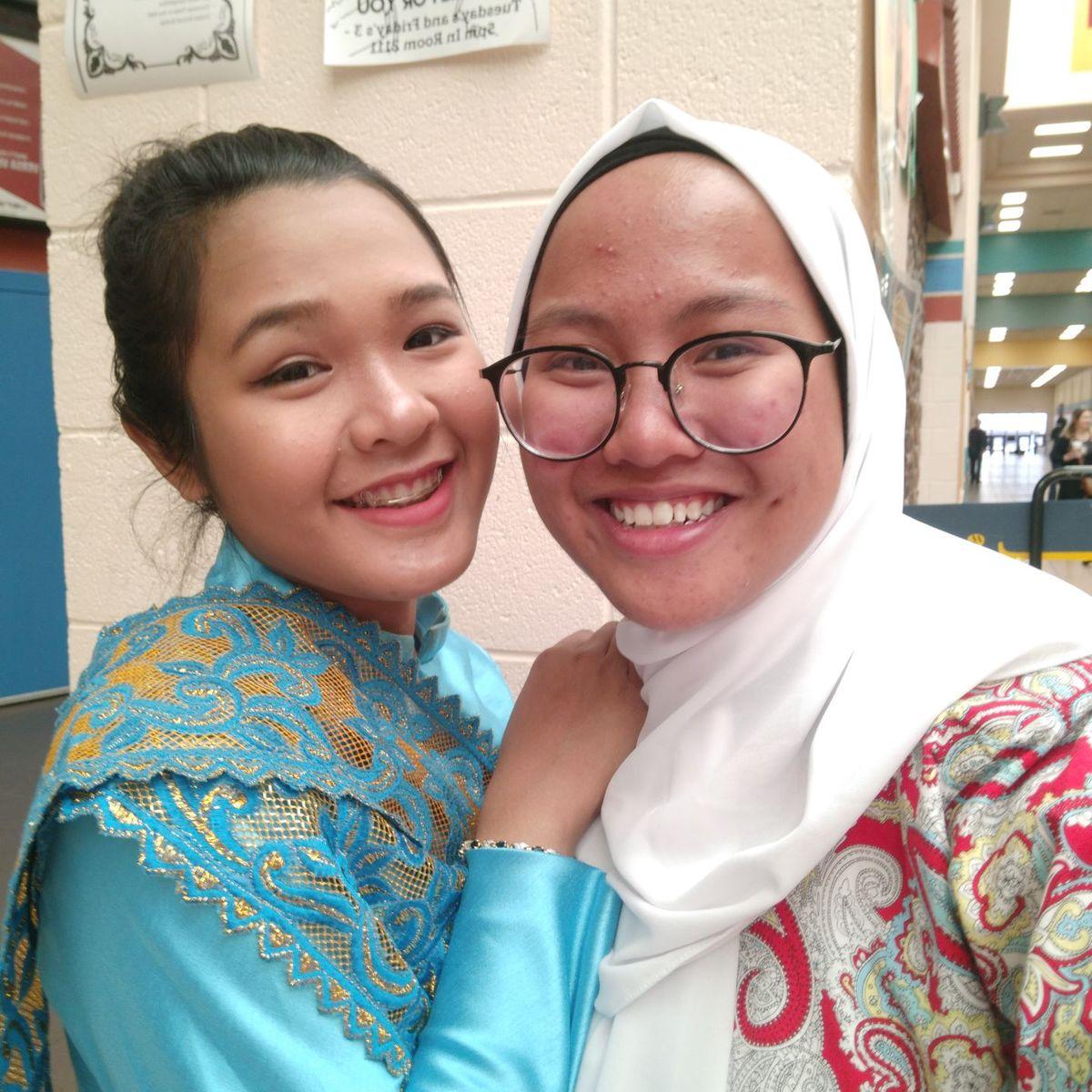
Donia Elgendy, a 17-year-old YES student from Egypt, spent her school year at Tombstone High School with Kornatana “Zadia” Sarovat, a 16-year-old student from Thailand. Both celebrate the holy month and say the fasting, while difficult, is a time that they use to get closer to God.
“You’re fasting because God told you to,” Elgendy said. “At the same time, you fast to be as close as you can to God.”
Elgendy, much like the other students, said celebrating in Arizona was very different than what she was accustomed to in Egypt. It was difficult here because she didn’t have her community celebrating the holiday with her.
Ali and Elgendy said their communities celebrate together. Ali said that along with the religious observances, in Libya, Ramadan is also a social time to foster closer relationships with family.
The same was true for Amirah Nasarudin, a 17-year-old student from Malaysia who attended Berean during the spring semester.
“In my country, you’re excited. You’re with your family together. You cook with your parents,” Nasarudin said. “Right here, I don’t feel like I’m fasting. I just feel like I’m not eating and not drinking…The spirit is just different.”
During Ramadan, most Muslims attend their local mosque multiple times a day. But with the closest mosque more than an hour away the students did not have that opportunity.
Ali said when he’s in Libya, the entire community attends the mosques in droves. During his stay in Sierra Vista, he had an opportunity to visit the Islamic Center of Tucson, located next to the University of Arizona.
In many cultures, fasting is broken at sunset or iftar time. Typically, the fast breaks begin with an odd number of dates with water or milk, which Ali and Elgendy said they do in their home countries. In Malaysia, Nasarudin said her family breaks the fast with eating an odd number of dates and bubur lambuk, a rice porridge special to Malaysia. In Thailand, Sarovat’s family eats the traditional dates with tea and a traditional entree.
Even without the comfort of family back home and their local mosques, students still felt that celebrating alone made them closer to God.
“When you’re at home and everybody is doing the same thing, nobody really thinks about it, you just do it,” Elgendy said. “...It’s kind of hard to do that by yourself, it’s not that easy to adjust your mind to do everything around Ramadan.”


